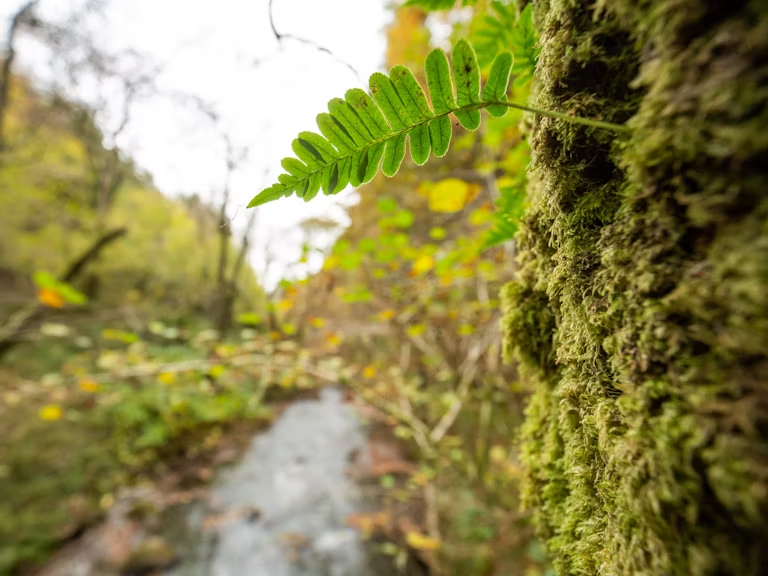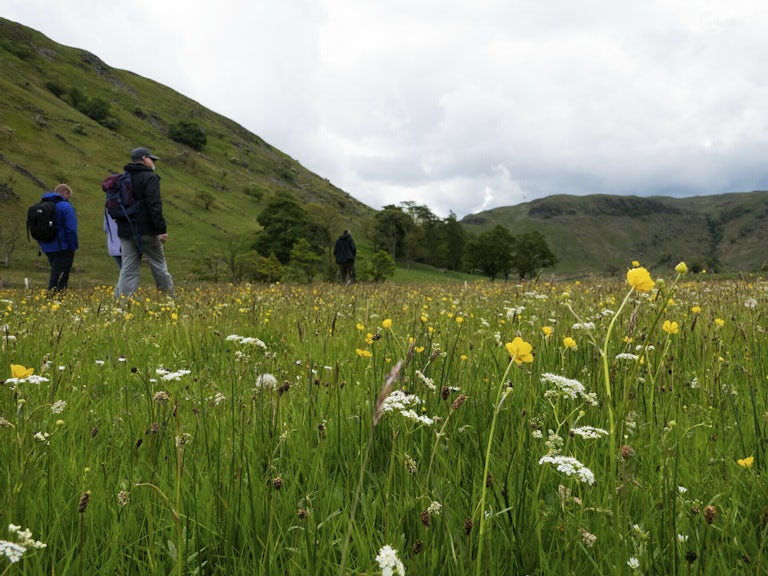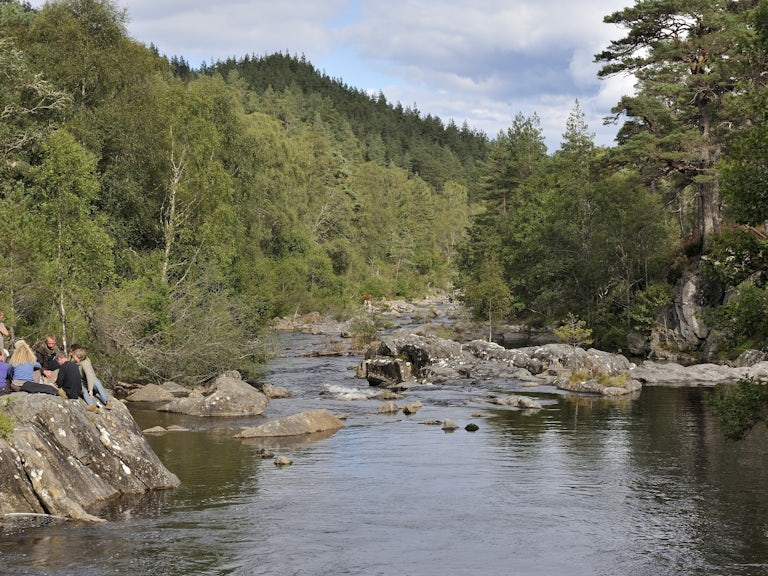State of Nature 2023: How do we recover? Time to go wild.
The 2023 State of Nature report is a rude awakening for anyone thinking we can carry on with business as usual. But it’s not too late to fix this if we seize the opportunities offered by big, bold and urgent rewilding, says Policy and Advocacy Lead Ollie Newham.
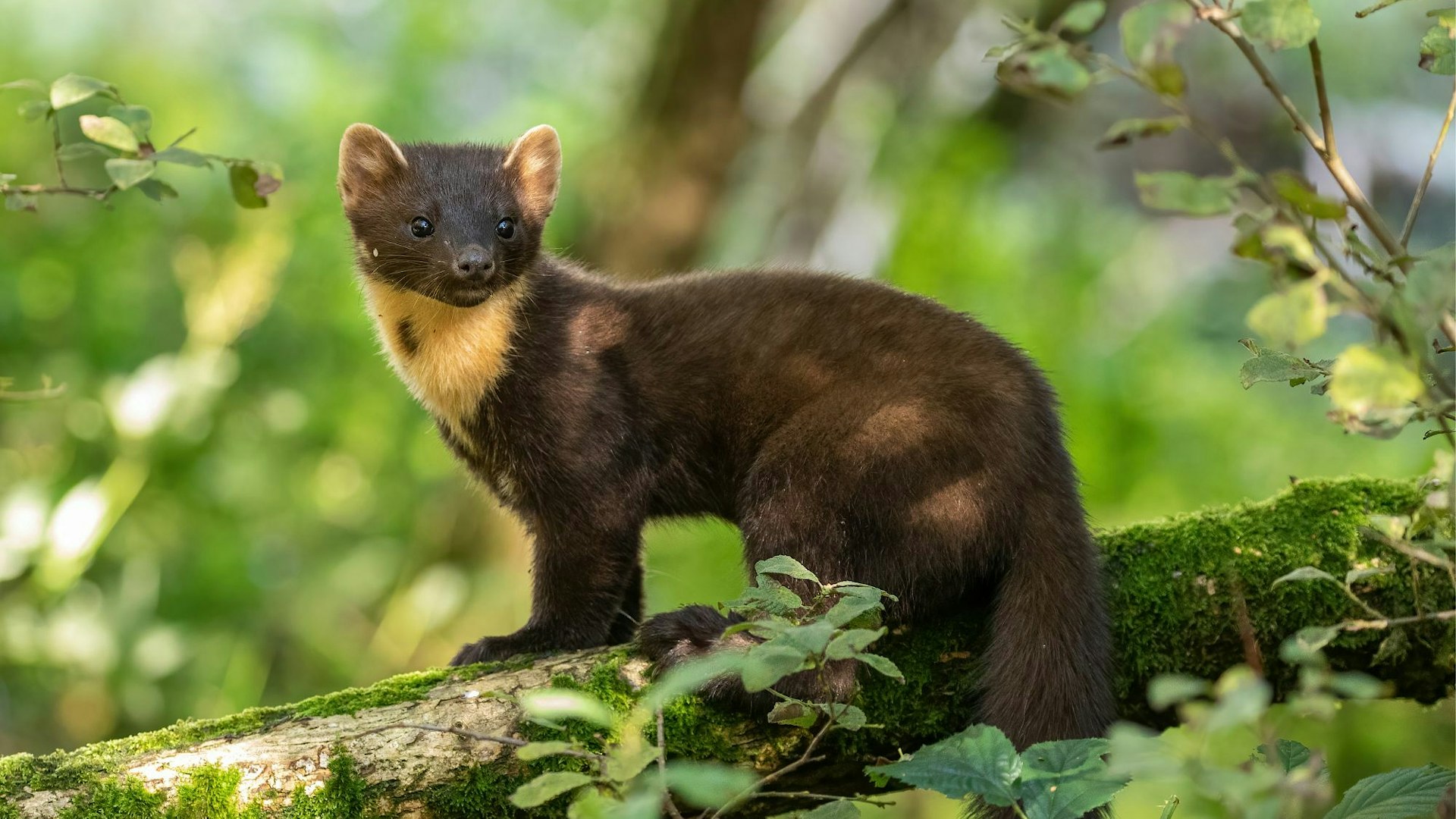
Published 27/09/2023
We spray the fields and scatter,
The poison on the ground,
So that no wicked wild flowers,
Upon our farm be found.
We like whatever helps us,
To line our purse with pence;
The twenty-four-hour broiler-
house and neat electric fence.
Harvest Hymn, Sir John Betjeman, 1969
The former poet laureate John Betjeman’s parody of the traditional We Plough the Fields and Scatter Hymn was written in protest at the increasing level of damage he witnessed being wrought on the British countryside by intensified land use. It’s as horrifyingly accurate today as it was then. His criticism spoke to – although he may not have fully envisioned – the sheer magnitude of harm to our natural world caused by our land use approach in the following decades.
Fifty years on from Betjeman’s poetic dissent, the authoritative and newly published 2023 State of Nature Report confirms in systematic, data-led detail the awful fact that human activity has plunged Britain into a deepening nature crisis – one that threatens us all.
Assailed by industrialised agriculture, development and climate breakdown, the most comprehensive nature report covering the UK reveals that one in six of our species is under threat of extinction on these shores. Thanks to the wrecking of our land, rivers and seas, over half of our biodiversity has vanished since scientists started measuring in 1970.
We’re a nation that prides itself on our love of nature – but wildlife is being lost at a staggering rate, and we live in one of the most nature-depleted countries on the planet.
It doesn’t have to be this way. There is still hope. Human activity has caused this crisis, but we can fix it through rewilding – it’s not too late.
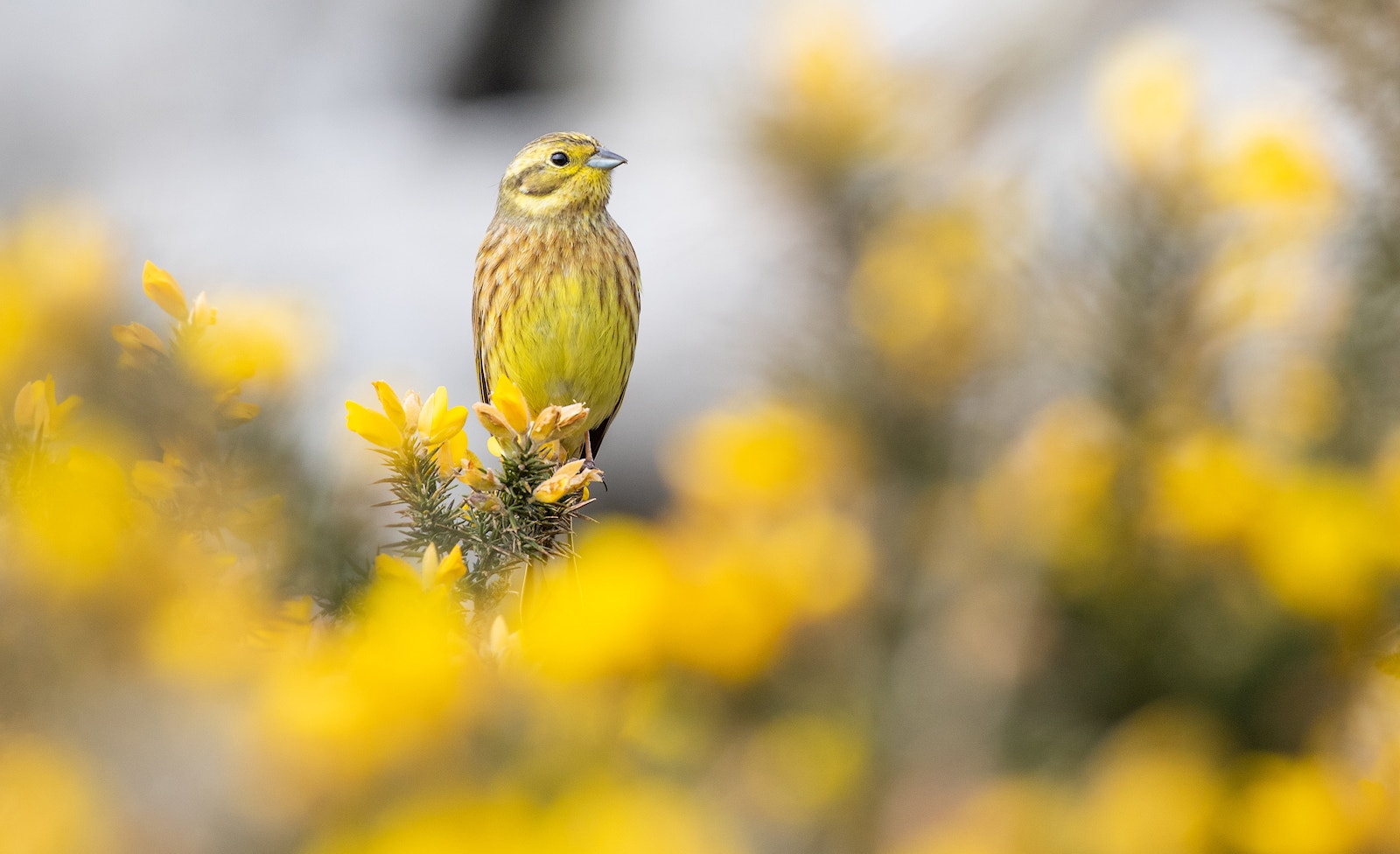
State of Nature 2023: the headline stats
- One in six of our species is under threat of extinction on these shores.
- Abundance of species studied has declined on average by 19% since 1970.
- Only one in 14 of our woodlands and just a quarter of our peatlands are in good health.
- Due to habitat damage from fishing gear, none of the seafloor around the UK was found in good condition.
- In Scotland, there has been a strong decrease in plant and lichen distribution. Since 1970, the distributions of 47% of flowering plants, 62% of bryophytes (mosses and liverworts) and 57% of lichens have decreased.
- In Wales, 18% of species are threatened. Of 3,897 species that have been assessed using Red List criteria, 18% (663 species) are threatened with extinction from Wales.
- England has averaged a 32% decline in species’ abundance. The abundance of 682 terrestrial and freshwater species has on average fallen by 32% across England since 1970.
Five key steps to save nature through rewilding
- A wilder land use approach. Intensive agriculture, along with climate breakdown, is a major cause of nature’s shocking decline and loss. So far, Britain has tiptoed around the edges in addressing this threat – supporting uncut hedgerows and increased field margins, for example. Such actions are important and necessary steps, but we urgently need to act bigger and bolder – which means restoring nature in a big way. With agricultural production accounting for 70% of land use in Britain today, we desperately need a forward-thinking land use approach where large-scale nature recovery works hand-in-hand with sustainable food production.
Meet our nature commitments. There is little point in making pledges to protect Britain’s land and seas for nature if we don’t deliver on them. The UK Parliament should be ashamed of its current, woeful underperformance on its promise to protect 30% of our land and seas for nature by 2030. Urgent, decisive action is required rather than delay, disinterest and torpidity. In Scotland, part of the solution should be seizing the opportunity to declare itself the world’s first Rewilding Nation, as our partners the Scottish Rewilding Alliance have called for. In England, we should deliver a land use framework with rewilding as part of its approach and outcomes. In Wales we should be supporting those already making the land and seas around them wilder.
Deliver protected sites fit for purpose. It is a damning indictment that nature in our protected sites across Britain is often in a worse state than outside them. Our national parks and areas of outstanding natural beauty must be given the primary purpose of nature’s recovery without delay – allowing them to become the nature-rich, healthy and wild places we, and future generations, need and deserve.
A people-led recovery. The restoration of nature must not be remote. Across Britain, rewilding is showing how it can create a cascade of benefits for local people. It works best when it has people and communities at its heart. We must increase community participation and ownership of nature restoration projects. We must ensure that rewilding directly benefits communities and strengthens social justice.
Make finance work for nature. A focus on increased agricultural production and profit has been at the heart of the damage wrought to our natural world, as well as to rural workers and communities. We need a modern, world-leading approach that ensures private capital is guided and regulated towards delivering nature-based solutions, including the rewilding of land and sea both at speed and at scale.
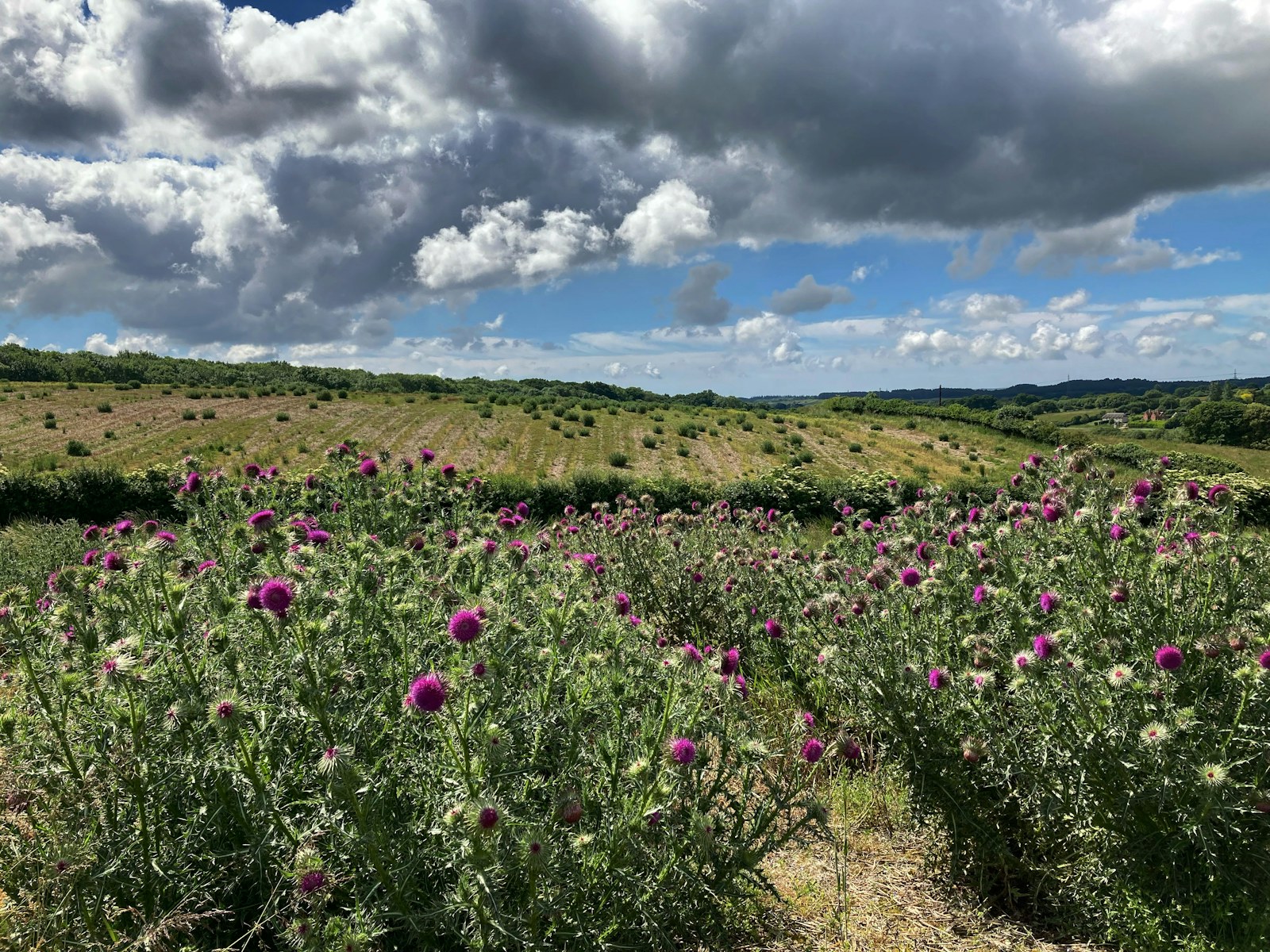
Rewilding to restore nature: Wild Woodbury
Wild Woodbury is a 170ha community rewilding project at Bere Regis in Dorset. Purchased in 2021 and managed by Dorset Wildlife Trust, it’s already a rewilding success story.
Over 1,650 species were recorded in summer 2023 surveys, up 300 on the previous year. Seven Red List birds of conservation concern are breeding at the site, with skylarks for example having risen from two singing males in 2021 to 50 in 2023. Butterfly abundance rose 25% in the last year alone and adders have been recorded on site.
In conclusion
Trying to save a species here or a habitat there isn’t enough. Nature is our life support system, and it’s in freefall. We can either bury our heads in the sand or act – it’s really that simple.
Rewilding is already making a difference and inspiring a groundswell of hope, but we need much more if Britain is to benefit from large areas of land and sea restored to health – boosting biodiversity, soaking up carbon, and creating a diverse range of jobs and opportunities for local people.
We can all play our part. Rewilding inspires and empowers because we can all play a part, individually, in our communities, or by supporting rewilding charities.
But the new State of Nature report makes it clearer than ever that our governments and politicians need to step up urgently to help turn the nature crisis around. They need to be fully in the game, working with and supporting local communities, restoring habitats on public land, and delivering legislation to ensure and reward nature restoration. Any less and we fail.
About the State of Nature report
The State of Nature report has been produced every three years since 2013, bringing together data and expertise on how wildlife is faring across the UK, and its seas, Crown Dependencies and Overseas Territories. It compares data about thousands of species gathered over many years, aiming to give as clear a picture as possible about the abundance and distribution of wildlife – and to find out where we stand in the global picture of biodiversity loss.
